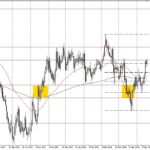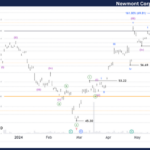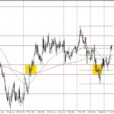
This past Friday, October 14th, commenced federally mandated rules on money market funds – what we typically think of as cash in our investment accounts – and marked the end of the era of prime money market funds.
Money market funds first came about in 1971 at a time when banks were prohibited from paying an interest rate on demand deposit accounts, and for those old enough to remember, you got a toaster or a clock radio as incentive to put money in checking accounts. Money market funds created an interest-bearing alternative to bank accounts; now, neither earns anything worthwhile.
The recent sweeping SEC reforms on money market funds has bifurcated the money market space by distinguishing between institutional and retail money market funds.
The rules create new definitions for retail money market funds which in essence become U.S. Government or Treasury money market funds. For institutional prime (general purpose funds that invest in corporate debt securities in addition to government securities) and municipal (tax-exempt) money market funds, these funds now have more onerous structural changes and are required to price and transact at a floating net asset value (NAV).
The rules were enacted in response to the impacts on the front-end of the yield curve during the financial crisis of 2008 (front-end being debt securities that mature within a year or less). 8 years in, the SEC is finally implementing changes to money market funds in order to make them more liquid, more transparent, and less risky.
Retail funds now have lower weighted average maturity requirements with fund assets being invested in only the shortest of duration government securities. (As I’ll touch upon later, there are perverse ramifications to the front-end that these rules are causing, affecting the global banking system and $7 trillion of debt, but first back to money market funds).
For those with individual brokerage accounts and retirement plans such as 401(k) plans at well known custodians (Fidelity, Schwab, etc.), they have most likely transitioned you to an appropriate fund so there’s no action for you to take. Without knowing your particular circumstances, your core money market fund is probably now Government and/or U.S. Treasury based. Given those investment instruments (short-term U.S. Government securities), you won’t earn any real interest on the account, but you won’t lose any money on it either (you will lose purchasing power in real versus nominal terms though).















